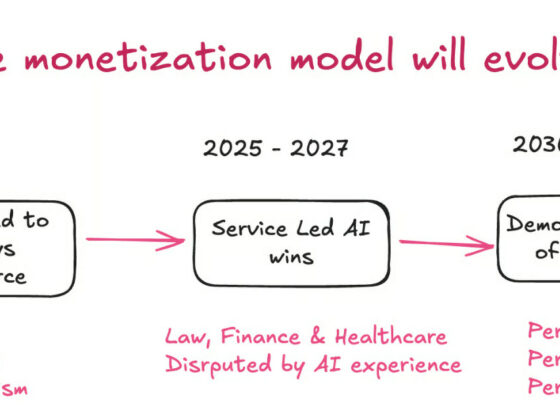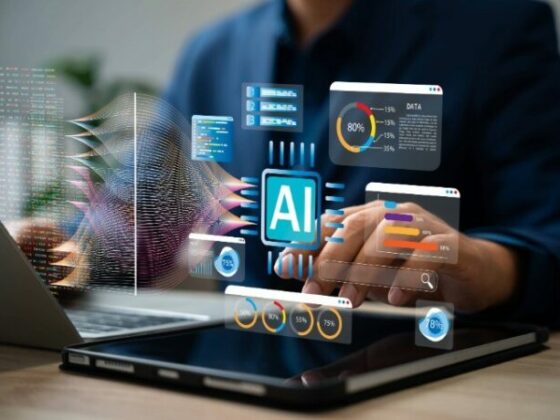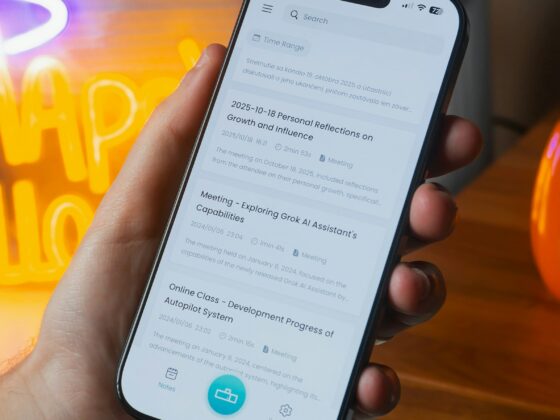“AI will enable the connection between the visible side of hotel distribution and the underlying operational layer.”
What can AI bring to business intelligence tools?
Current tools focus mainly on pricing and external data connections. The next step will link operational performance with commercial strategy. AI will allow hotels to analyze distribution channels, customer profiles, and spending capacity to better allocate resources—staffing, scheduling, and inventory. The goal is to focus more on profitability than on revenue maximization.
Is this a new way to bridge pricing strategy and customer relations?
Yes. Machines will optimize pricing not just by adjusting rates but by aligning offers with targeted or loyal customer profiles. It’s a smarter, systematized version of the Kardex principle.
Will AI improve reactivity?
Absolutely. Events like Taylor Swift or Adele’s tours had unexpected impacts on hotel demand. Traditional tools failed to anticipate such surges. AI will offer a competitive edge by quickly adjusting to market signals—like tariffs announced by Trump affecting the aerospace industry and potentially Toulouse hotel pricing.
What about corporate and MICE sales?
These segments are often overlooked. AI tools now support real-time pricing adjustments for RFPs and market conditions. This means better responsiveness and improved productivity through automation of negotiations with corporate clients.
Can AI help hoteliers regain control over direct sales?
Yes. Hotels need to reclaim customer data from OTAs. AI-enhanced CRM tools, particularly via social media, allow direct interaction, data capture, and personalization—essentially a digital concierge.
Will performance indicators evolve?
The KPIs themselves are stable, but their interpretation is changing. AI enables meta-analysis—understanding whether performance is due to internal actions or market growth. It also supports post-performance analysis, connecting actions with benchmark results and continuously learning through strong API integrations.
« KPIs are indeed evolving, but more importantly, their analysis. AI should enable meta-analysis, meaning interpreting its own performance ».

Are analyses becoming more sophisticated?
Indeed. Cross-analysis—like booking lead times or weather impact—offers new decision-making angles. The poor forecasting around the 2024 Olympics highlighted the need for better AI-driven alert systems and booking pattern analysis.
What other parameters could be better analyzed?
Nationality is key—it affects spending power, revisit likelihood, and associated operational costs. AI will enable differentiated pricing based on customer profiles and channel strategies.
Isn’t this creating a more complex tech ecosystem?
Yes, but it’s also more coherent. AI is linking the visible part of hotel distribution—pricing tools and external interactions—with the operational, “underwater” layer. This integration will enhance overall efficiency, even if it makes the system more complex.








